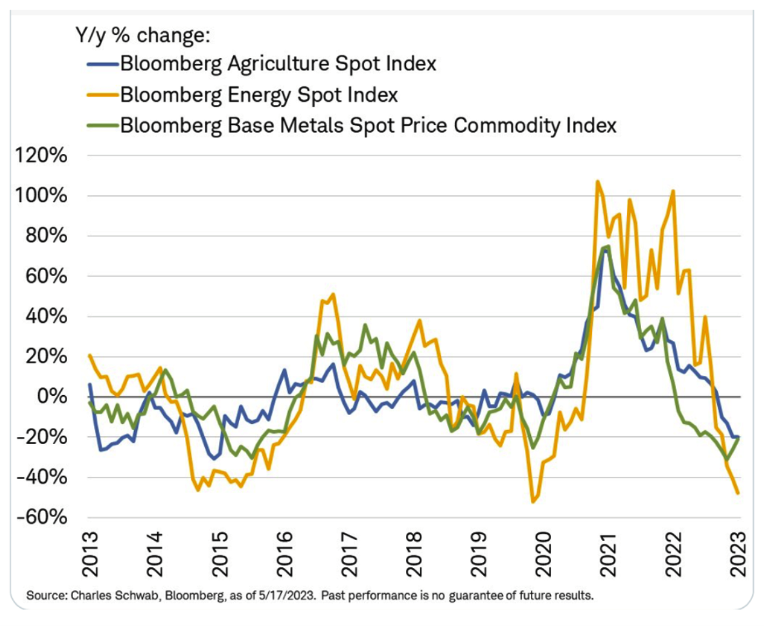

Many years ago, I was taught by an excellent UNSW academic who always seemed leftish, but, fortunately, was able to remain objective and balanced. He taught us that trade unions represent their constituency i.e., their members, so wage rises for those members were more important than job creation.
This latest Albanese government support for changing what labour hire companies do could be good for those with jobs but it might not be great for future job creation, the bottom lines of companies and even super returns. In case you don’t know what a labour hire firm does, it provides workers to companies and saves the company from having full-time workers on its books. Many companies have full time workers and labour hire workers. Both workers might do the same job but they get different pay.
Employment and Workplace Relations Minister Tony Burke thinks ‘the same job same pay’ policy is fair and reasonable: “If you close a loophole to stop workers being ripped off, it will result in an increase in the wages budget of any company that was using the loophole,” the SMH’s Rachel Clun reports. “We make no apologies for that.”
Given Tony Burke’s argument, why would I speculate about so many negatives from this proposed policy?
BHP calculates that the proposed changes to labour hire laws would cost the company $1.3 billion a year and would KO jobs if the Government steamrolled this through Parliament.
To that, Minister Burke has replied that he’s surprised how BHP came up with the $1.3 billion figure, given the law change hasn’t been fleshed out.
It’s probably a fair comment by the Minister, but I guess a bean counter at BHP looked at what the company pays a full-time worker and what it pays workers from labour hire companies, then looked at the savings, and presumed those savings would disappear if Tony Burke got his way.
Ironically, the actual cost could be bigger, depending on what emerges from Canberra. And this comes as commodity prices are falling, which means BHP could see its profits under pressure. I showed this chart to our Switzer Report subscribers on Saturday and well-known economist, Steve “The Kouk” Koukoulas, described it as a “lovely chart” as it showed commodity price inflation was tumbling.

The chart is lovely as it implies important drivers of inflation are falling, but it also means mining companies, such as BHP, will be losing revenue and profits. This wouldn’t be great for super funds that are heavily invested in BHP and many big companies that could be affected by wage law changes.
BHP has also become a big dividend payer, which a lot of super funds and retirees rely on to give them income. It shows how economics can be a zero-sum game, meaning when someone like a labour hire worker gain, others lose.
Another implication of Minister Burke’s policy is that it will add to wage inflation and could keep the Reserve Bank raising interest rates. Obviously, BHP isn’t the only big company that uses labour hire company workers to reduce costs, so there could be a significant hit to a company’s costs and their bottom line.
For the union’s view, Mining and Energy Union general president, Tony Maher, said this to the SMH: “BHP is right to fear that same job, same pay will lift their wages bill because they have been exploiting labour-hire mine workers for years. Along with other big mining companies, they have exploited weak laws allowing them to avoid paying the wages and conditions achieved through genuine enterprise bargaining. Same job, same pay laws will close this loophole.”
The mining industry says we have some of the highest labour costs in the world and the average miner is paid $148,000 a year, while the average worker pockets $96,800.
The Government’s new wages policy is called the same job, same pay (SJSP) policy and is expected to be a big deal for Parliament in the second half of the year, which could coincide with the arrival of the mortgage cliff that could easily be pushing us close to a mild recession, if it turns out to be more economically negative than many economists are currently thinking.
How the Albanese Government handles this impact on wage costs, on top of its support for a 7% rise in the minimum pay and the pay rises for public servants, ABC workers and aviation employees, could be a big deal for many companies and the economy generally.
It looks like we could be in for a bit of wages inflation and that won’t help reduce interest rates, unless this all comes with a recession! And I don’t want to wish that on those who will lose their jobs.